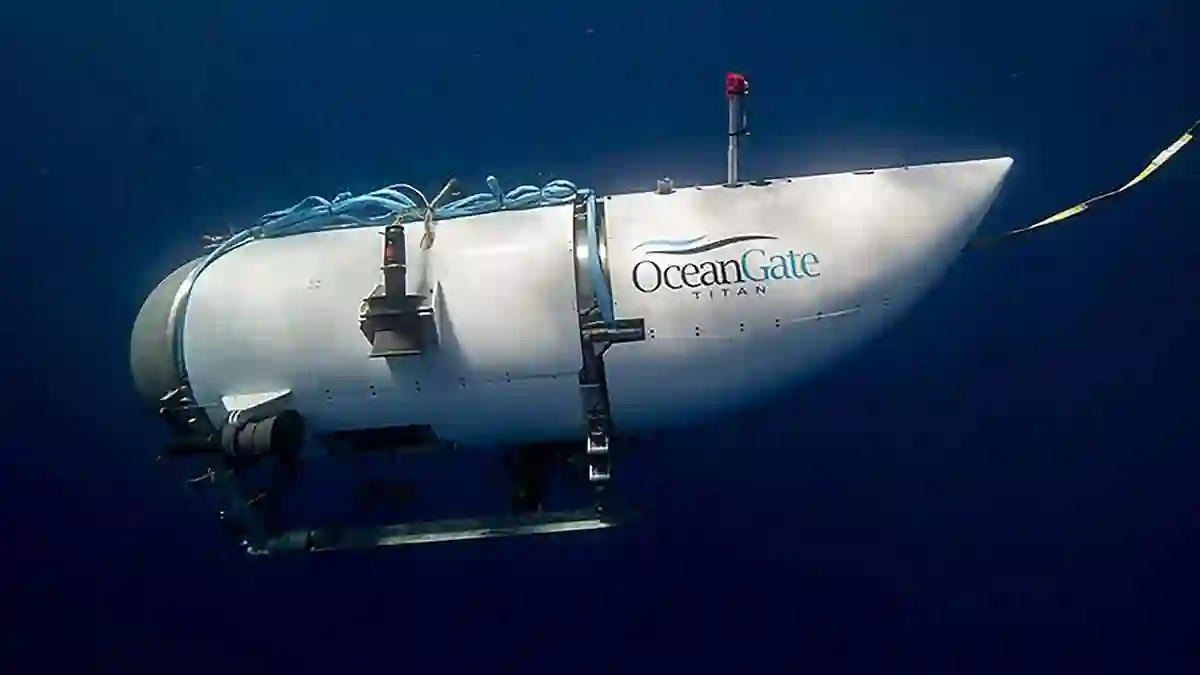It’s been over two years since the world watched in horror as OceanGate’s Titan submersible vanished during a dive to the Titanic wreck site.
Now, a damning new report has revealed that the tragedy — which claimed five lives — was not just heartbreaking, but entirely avoidable.
According to the U.S. Coast Guard’s highest-level investigative board, the disaster stemmed from deeply flawed safety practices, poor oversight, and a workplace culture that silenced warnings.
What the Report Found
The 335-page investigation concluded that OceanGate’s Titan was plagued by major design flaws, a lack of proper certification, poor maintenance, and a failure to inspect critical components.
One of the most glaring issues? The company knew about problems with the Titan’s carbon fibre hull as early as 2022 — a full year before the vessel imploded.
The real-time monitoring system on board even flagged data that “should have been acted on,” yet no action was taken.
Chair of the Coast Guard Marine Board, Jason Neubauer, didn’t mince words: “This tragedy and the loss of five lives was preventable.”
A CEO Who Ignored the Risks
The report makes it clear that Stockton Rush, OceanGate’s CEO and one of the five people killed, disregarded standard safety checks and expert advice.
With no third-party oversight and few experienced engineers on staff during the 2023 dive, Rush had unchecked control over Titan’s operations.
Investigators stated he ignored vital inspections, dismissed data analysis, and skipped essential maintenance procedures — all of which ultimately led to the vessel’s catastrophic implosion.
A Toxic Work Culture Behind the Scenes
Beyond technical issues, the report also exposed what it called a “toxic workplace culture” inside OceanGate.
Employees didn’t feel empowered to speak up, and even when concerns were raised, there was no effective whistleblower system in place to escalate them.
This atmosphere, combined with a weak regulatory framework for novel submersible designs, made it nearly impossible to ensure safety standards were met.
Families Demand Change
For the families of the victims, the findings are both painful and validating.
Two of the families have now called for urgent and “meaningful reform” in the industry to prevent another tragedy like this.
There’s also growing pressure on lawmakers and regulatory bodies to tighten rules around private deep-sea exploration — a field that has boomed in recent years but remains largely unregulated.
17 Safety Fixes Proposed
As part of its findings, the Coast Guard has issued 17 safety recommendations.
These include stronger federal oversight, better coordination between agencies, and closing significant loopholes in international maritime policy.
The goal is simple: make sure submersibles are held to rigorous safety standards, especially as more companies push the limits of underwater exploration.
The Final Moments of Titan
During its doomed June 2023 dive, Titan lost contact with its surface team when it was around 3,500 meters underwater — just shy of the Titanic wreck’s depth.
The U.S. Navy later confirmed it had detected sounds “consistent with an implosion” shortly after communication was lost.
The sub was built to reach up to 4,000 meters below sea level, but the carbon fibre hull — a controversial choice in engineering circles — couldn’t withstand the extreme pressure.
According to the report, the structure lost integrity and collapsed in on itself almost instantly, killing all five passengers.
What Happens Now?
This latest report is a wake-up call not just for OceanGate’s legacy, but for the entire private underwater tourism industry.
With public trust shaken and scrutiny rising, regulators will likely face pressure to act fast — before another expedition ends in tragedy.
For now, the focus is on accountability, reform, and ensuring that no one else has to pay the price for reckless decisions made beneath the waves.
